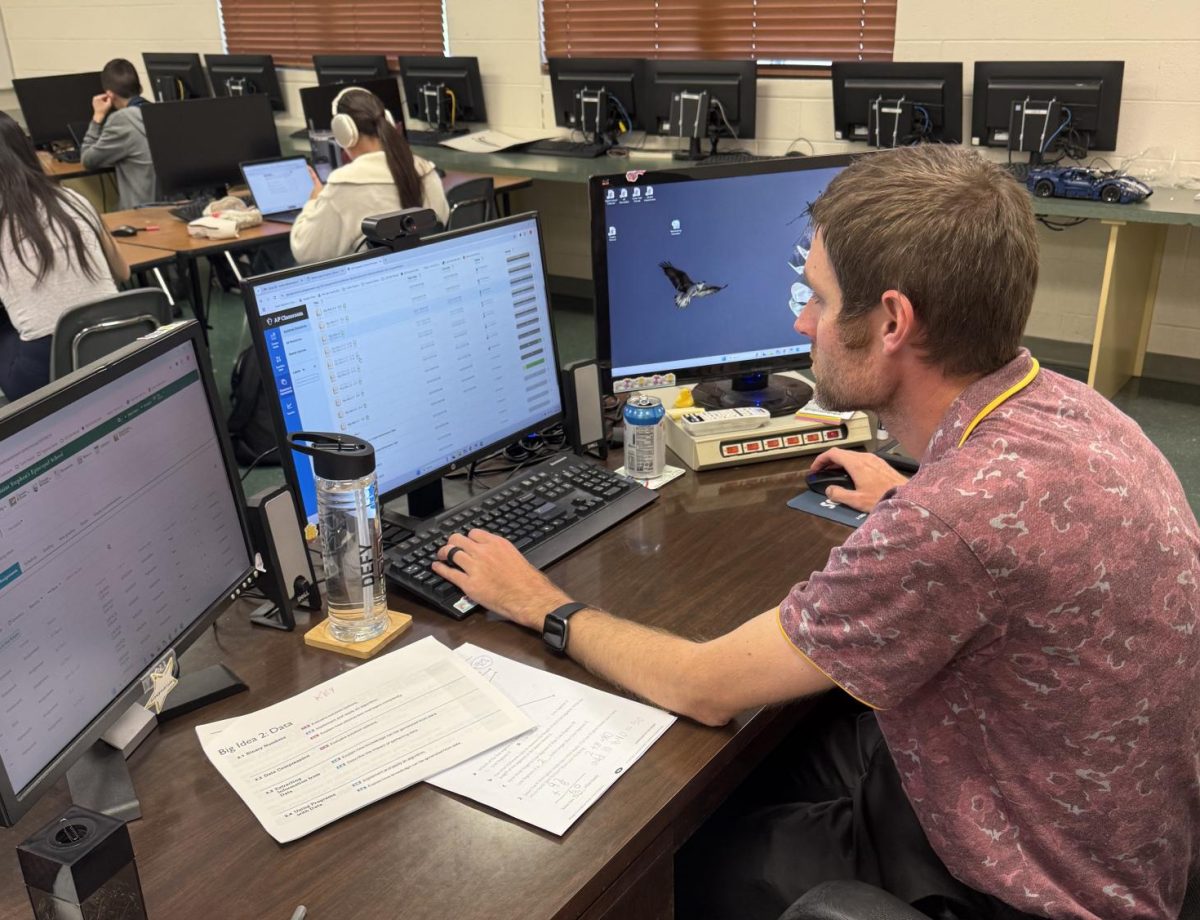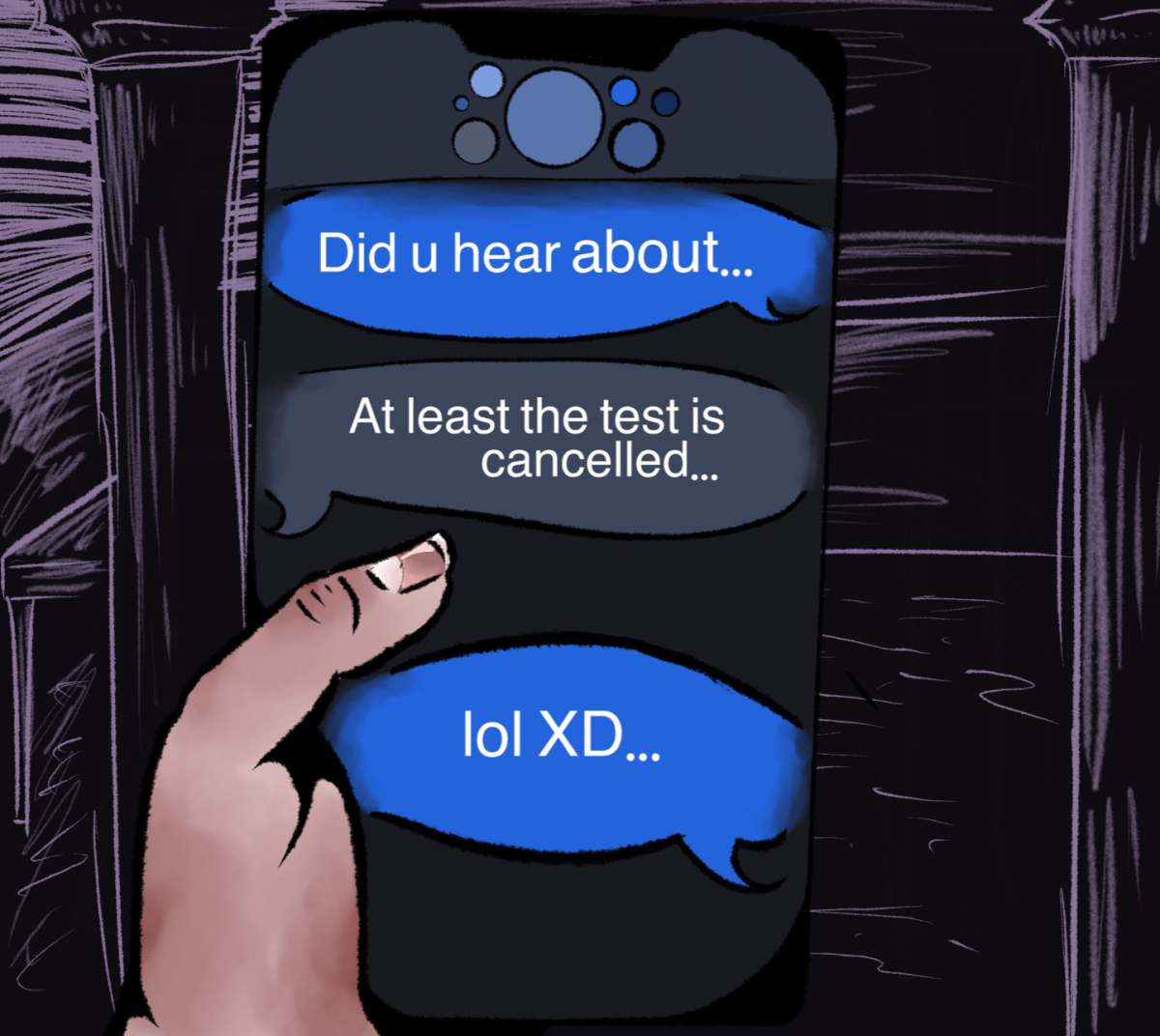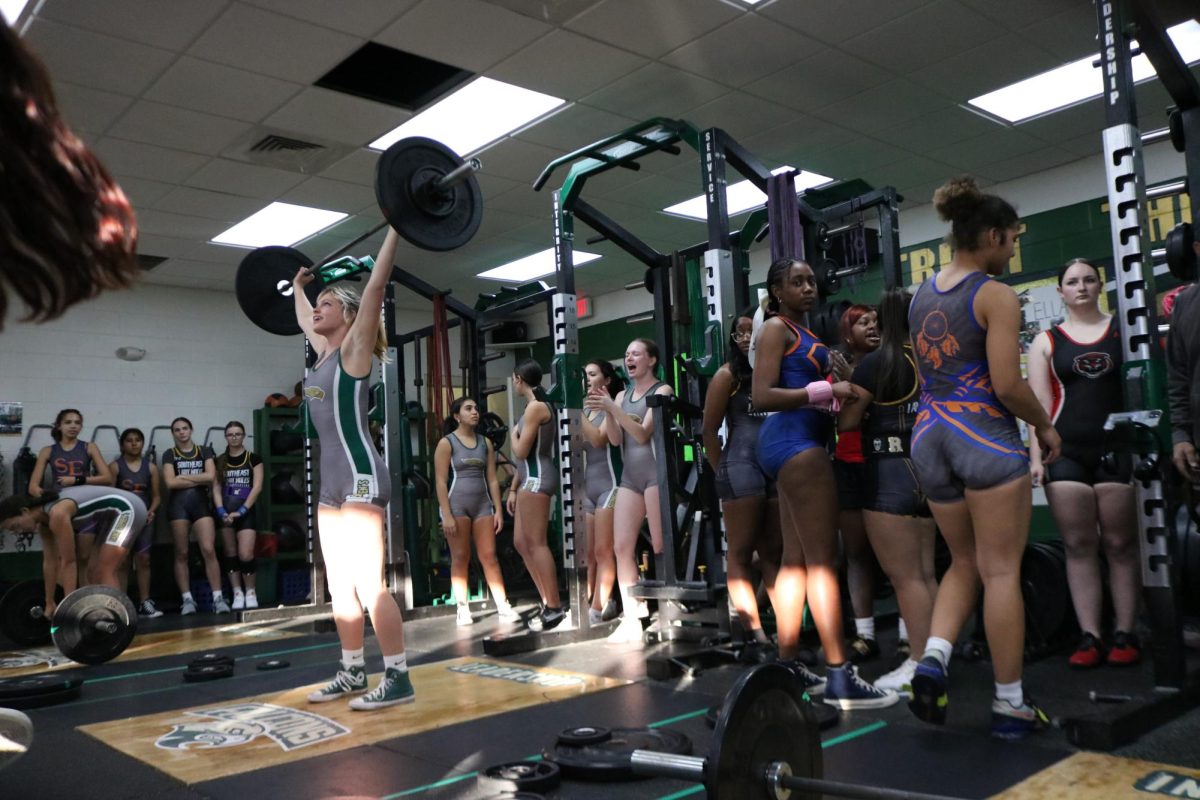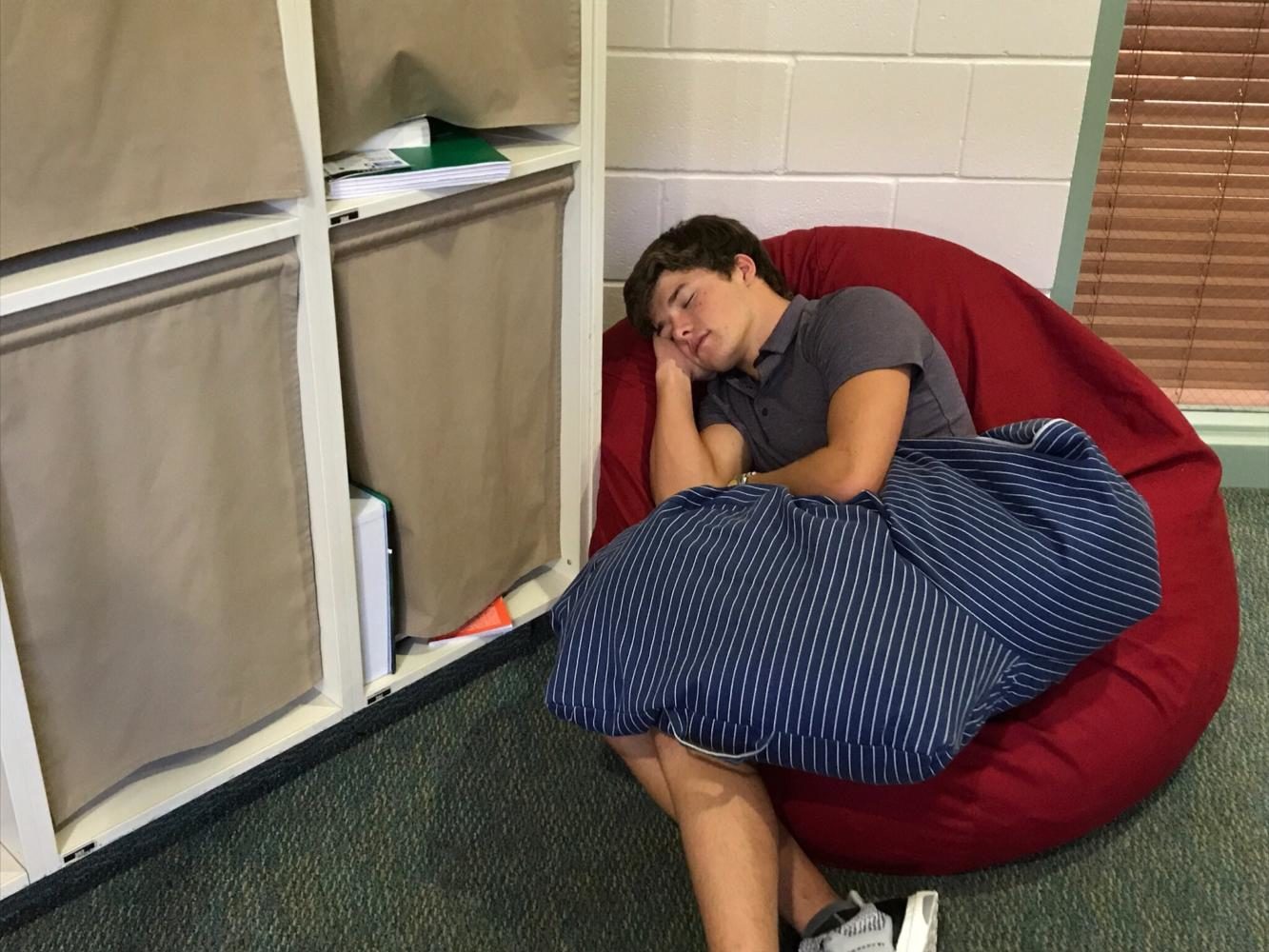Feeling sleepy? Here’s why school should start later in the day
How has waking up early been affecting the health of middle and high school students across the country?
September 20, 2017
Picture this: You’re sleeping peacefully, immersed in the world of your dreams, when suddenly the harsh sound of an alarm interrupts your dreams and forces you to wake up, ending your night prematurely. It’s time for you to get ready to go to school.
If this sounds familiar, then you suffer from the same problem as many other middle and high school students from all across the country: chronic sleep deprivation.
Chronic sleep deprivation is a problem for many in modern society, especially those who go to school or work full time jobs. Many of these people are suffering short term effects, such as tiredness and loss of concentration, and long term effects, such as a higher risk of obesity and depression.
However, sleep deprivation is not the only thing from which middle and high school students suffer, as the quality of their sleep is also poorer than it should be. Various studies and sources have shown that when a child goes through puberty, they undergo a change in their natural sleep cycle. Their body begins to produce melatonin, a natural hormone that stimulates sleepiness, at around 11:00 PM, causing a drastic shift in their sleep cycle.
This is two hours later than when a child or adult’s body produces melatonin. Therefore, a teenager waking up at 6:30 to get ready for school is the equivalent of a child or an adult waking up at 4:30. This also makes it harder for teenagers to go to bed early, since they do not start to feel sleepy until 11:00. This change in sleep cycle also means that teenagers experience REM sleep, arguably the most important part of the sleep cycle, later in the night than adults and children. When they wake up early in the morning, they often end up interrupting their REM sleep.
For this reason, middle and high school students who get up early every morning to go to school not only suffer from lack of sleep, but also from poor quality of sleep.
This combination of lack of sleep and poor quality of sleep is the cause of many unwanted side-effects which are easily seen in middle and high school students across the country. Many of these students feel tired all day and have trouble concentrating, making them unable to perform as well as they could in school and preventing them from reaching their academic potential. This lack of sleep can also contribute to several health problems in teenagers, including obesity, migraines, and immune system disorders. It can also make teenagers more susceptible to depression and substance abuse.
One other major safety risk is seen in students who drive. Studies have shown that driving on little sleep is comparable to driving while under the influence. Driving on anything less than seven hours of sleep is dangerous, with the danger increasing for each hour of sleep lost. According to the National Sleep Foundation, driving on five hours of sleep is the equivalent of driving with a blood alcohol level above the legal limit. As many high school students get only 5-6 hours of sleep a night, they deal with an increased risk of getting into an accident every time they drive their car.
There is, however, a very simple way to mitigate or altogether avoid these health risks: starting middle and high schools later in the day. Starting school later in the day allows students to sleep in later and get that extra REM sleep that they would otherwise miss. Therefore, middle and high school students who don’t have to wake up early to go to school get much better quality sleep, even if they end up going to bed later.
This better quality sleep has countless benefits including improving students’ mental health, alertness, and ability to pay attention in class. A study showed that changing middle school start times to at least thirty minutes after 8:00 in Wake County, North Carolina, was associated with increased math and reading test scores. Similar studies have all shown the same thing for both middle and high schools. Also, better sleep decreases the health risks that middle and high school students face and makes driving safer, since students who get better sleep are more alert and better able to react in an unexpected situation. Because of all of these benefits, the American Medical Association, the American Academy of Sleep Medicine, and countless other health organizations strongly recommend that middle and high schools start at 8:30 in the morning at the earliest.
Unsurprisingly, most middle and high schools students support the idea of a later school day. Katie Carlsen, a sophomore at Saint Stephen’s, when asked her opinion on the matter, said that she “would love for school to start later in the day.” She said that because of the current school schedule, she often feels tired during the school day. She said, “Waking up so early in the morning, you’re still tired by the time you get to school. This can make it really hard to focus.”
Even Mr. Forrester, our upper school director, agrees with Katie. When he was asked what his stance is on the issue, he said that he is “all for” later School start times and its benefits, but that he has some concerns. He is afraid that having a later start time for the higher grades might damage our school unity, as younger students and older students would be going to school at different times. However, he has stated that he is looking into other alternatives, such as giving all older students an optional study hall for first period every morning.
More than four out of five American middle and high schools have ignored the overwhelming evidence supporting a later start time due to concerns about how they may cause problems with parents’ schedules or with after school activities and sports practices. These problems, though, are easily solved and are not serious or numerous enough to counteract the incredible benefits that come with starting school later.
In conclusion, every middle and high school which has changed its start time to 8:30 or later has seen many benefits for their students, including better mental health, better test scores, and fewer car accidents. All middle and high schools which also want to experience these benefits should take the advice of the various health organizations across the country and change their school start time to 8:30 or later. Not only would they be able to experience many benefits, they would also have the appreciation of students and teachers alike.


























































